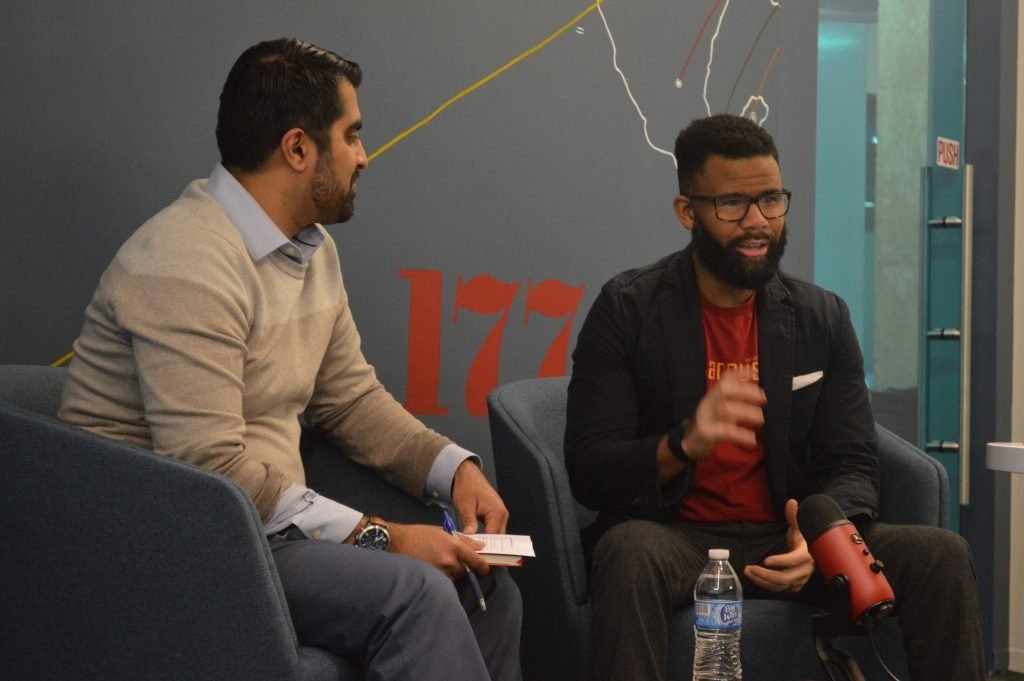
From a statistical point of view, in North America boys of color are highly unlikely to join kindergarten having the basic language and literally skills they would need to succeed. Things work out even more to their disadvantage as they grow up, leading to only about 59% of them graduating from high schools. Compare that to the numbers of at least 80% of white males graduating from high schools. Mentorship Programs for Boys of Color United States President Barack Obama launched the My Brother’s Keeper (MBK) program in 2014, to help America’s boys of color reach their full potential. MBK is meant to address the challenges that are unique to the boys of color and that are keeping them from achieving their full potential.As President Obama explains, MBK achieves this “By focusing on the critical challenges, risk factors, and opportunities for boys and young men of color at key life stages, we can improve their long-term outcomes and ability to contribute to the Nation’s competitiveness, economic mobility, and growth, and civil society.”The MBK program works with mentors already familiar with the school system. They include teachers, coaches, administrative staff, faith-based leaders, AmeriCorp volunteers, security guards, after-school tutors and college students.From the results, it is clear there is tremendous progress being done.However, there are still more boys of color out there to whom the MBK and other similar programs cannot reach out to and mentor them. That leads to a mentoring gap. Sadly it has also been observed (publication by United Way) that recruiting black men to act as mentors is another challenge on its own. Technology picks up where conventional Mentorship programs drop the ball The mentorship gap that results out of the inability of traditional mentorship programs already established to reach out to all boys of color can be addressed using technology. That is where the idea of We Are Marcuswas born.We Are Marcus is an online platform founded by Christopher King to sort of match-make mentors with boys of color. Within the platform, mentors can interact with boys of color and offer them some life coaching and mentor them into becoming responsible law abiding young men.As Christopher, Founder and CEO of We Are Marcus, explains to Black Enterprize; “We built We Are Marcus to address rapid dropout rates and underachievement of young black men in schools throughout the country. Mentor organizations are currently limited by time and capacity. Our dynamic vision leverages technology in a way that mentoring organization have not tapped into.We’ve found that students feel more comfortable, more quickly, and more open to reflecting on their own lives without judgment in this format. Anyone who has worked in a classroom will agree. Technology is the way we keep our kids engaged.” About We Are Marcus It is an online platform for on-demand character development for boys of color to whom the conventional mentorship program have either not yet or have been unable to reach out to. The platform seeks to bridge that mentorship gap between this group of boys and those already reached by mentorship programs like MBK mentioned above.Although the platform is still in prototype and product development stage, it promises greater outreach for mentorship program by leveraging on the internet and technology. Not to mention, people feel at ease interacting virtually and are more inclined to be open, than when interacting physically. It also eliminates barriers such as schedule conflict and matching mentor and mentee limitations.For more information head on to the We Are Marcus website.(Visited 486 times, 1 visits today)
